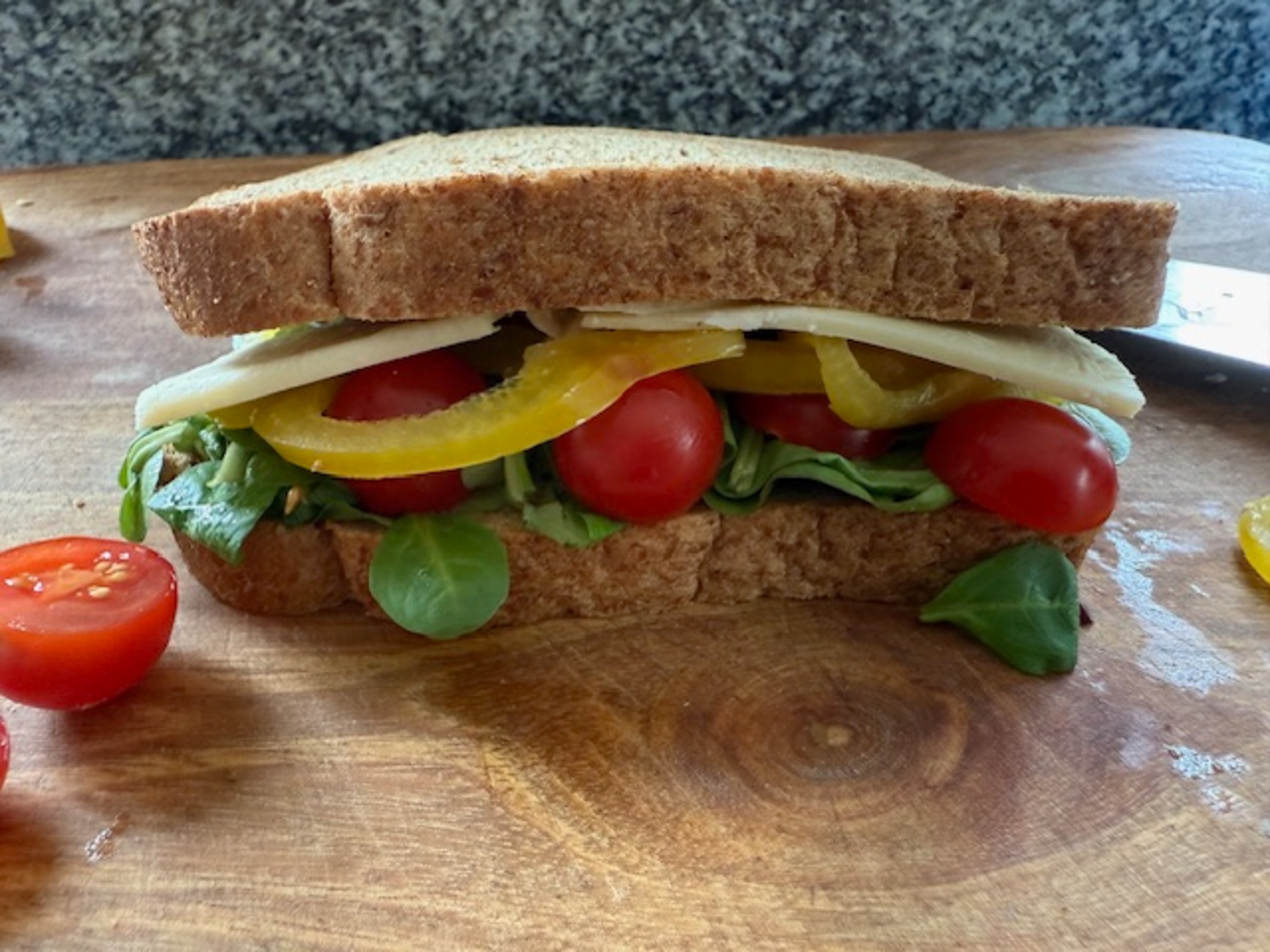
BETWEEN TWO SLICES: THE SURPRISING STORY AND ETHICS OF THE SANDWICH
Convenience, Conscience and the Changing Face of Lunchtime
How many of us know that dining was forever changed by a compulsive gambler? Thanks to a certain Earl of Sandwich way back in 1762. As the story goes, John Montagu, the 4th Earl of Sandwich, was so absorbed at playing cribbage in a public gambling house, he started a new culinary craze. Worried about getting greasy hands from eating meat whilst playing cards, he shouted out an order for roast beef placed between two slices of bread! And so, as legend would have it, the sandwich was born.
The dish then grew in popularity in London, and Sandwich’s name became associated with it. Initially seen as something shared while gaming, the sandwich began popping up in polite society as a late-night meal among the aristocracy.
The sandwich’s popularity in England increased dramatically during the nineteenth century, when the rise of industrial society and the working classes made fast, portable and inexpensive meals essential.
The Rise of the Sandwich Sector
It’s hard to believe, but the sandwich sector in the UK is now worth approximately £8 billion to the UK economy. Some 4 billion sandwiches are consumed each year, with its popularity showing no sign of declining. After all, instant gratification and convenience these days is a winning recipe. No wonder that 56% of Brits eat at least one sandwich daily. Only last week, a Glasgow coffee shop, Bite Me, was crowned Scotland’s best sandwich shop for the third year running.
We all know the sandwich – that classic lunchtime staple made up of bread and fillings, but the Great British Sandwich Study revealed last year that some of us are turning away from the British sandwich classics like ploughman’s, ham and mustard and cheese and onion, in favour of more exotic fillings like avocado, olives and continental cheese.
Yet strangely, whilst consumers might be more discerning and seeking different tastes, there is little evidence to suggest that they particularly care about where their meat, dairy and eggs in the sandwich comes from.

Product Provenance and Animal Welfare
Studies show that many consumers generally express high levels of concern about animal welfare. A recent survey of UK consumers found 68% said that animal wellness was “very” or “extremely” important to their purchasing decisions. A 2023 review by the Social Market Foundation found that 83% of the UK public reported caring about farmed animal welfare, with 61% expressing some discomfort with how animals are treated on farms.
However, with no mandatory UK labelling legislation on how animals are reared for our meat, confusion reigns, leaving consumer choice and animal welfare the losers.
Hence why public concern for animal welfare often fails to translate into changed purchasing behaviour.
Despite the relentless expansion of the sandwich industry through outlets like Subway, Greggs, Pret a Manger and supermarkets, animal welfare standards for meat in sandwiches vary greatly.
If a sandwich’s packaging has no specific welfare certification, the meat likely originates from intensive, or “factory farm” conditions, where animals are more likely to be cruelly caged and confined with far less space and enrichment than in higher-welfare systems. This can be particularly true for the cheapest sandwich options.

Standout store
Hats off then to Waitrose for becoming the first UK Grocer to set a new benchmark for better chicken welfare standards across the board, including their sandwiches. It’s a move described by the RSPCA as ‘trail-blazing for animal welfare’. Having unveiled its first ever £5 lunchtime meal deal in August last year, the UK supermarket has also relaunched its ‘Food To Go’ range, championing market leading standards for higher welfare chicken, eggs, beef, lamb and pork in its sandwiches, salads and wraps.
Changing Times
Like New York, the home of the deli-sandwich, the sandwich industry itself ‘never sleeps’ and is evolving continually. The latest groundbreaking move by Waitrose will be a shot in the arm for improving animal welfare standards between those all-important two slices of bread.
In a similar vein, sandwich outlets are now recognising the move to reduce meat consumption and satisfy plant-based consumers. To name but a few, Pret a Manger opened its first vegetarian shop in central London last year and now has three in London. This year M&S launched a range of vegan sandwiches on bright red, green and yellow vegetable-based breads. And the cult upmarket sandwich chain with a reputation for innovation, Soho Sandwich Company, has several offerings like the TLT with tofurkey.
Then there are the individual artisan sandwich boutiques which offer whole new stylised venues and sandwiches catering for those seeking a more expensive, diverse and flavour-packed experience. But even these companies are aware of the higher-end consumers’ desire for quality and thoughtfully sourced, organic fillings, meats and cheeses.
Whoever will prevail in the burgeoning sandwich market of the future will depend, among other things on innovation, embracing the need to adapt to an increasingly diverse consumer. Those requiring value and more recognisable taste offerings during a cost-of-living crisis. Those who seek a more ethical, well-sourced product offering that meets modern taste expectations, plant-based or not. And those seeking an altogether more dynamic, gourmet sandwich build and are prepared to pay for it.
However, what should be adopted universally is that decent food, produced with high animal welfare and good environmental stewardship, is the affordable default offering for all.
As the humble sandwich continues to evolve, so too must our expectations. Between those two slices lies not just taste and convenience, but a chance to choose compassion, quality and sustainability – making every bite a reflection of our values.
Note: This is a version of an article which first appeared in The Scotsman on Friday 5th September, 2025.





